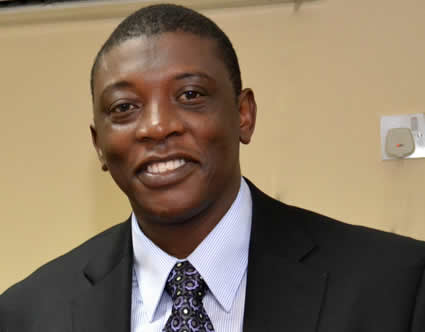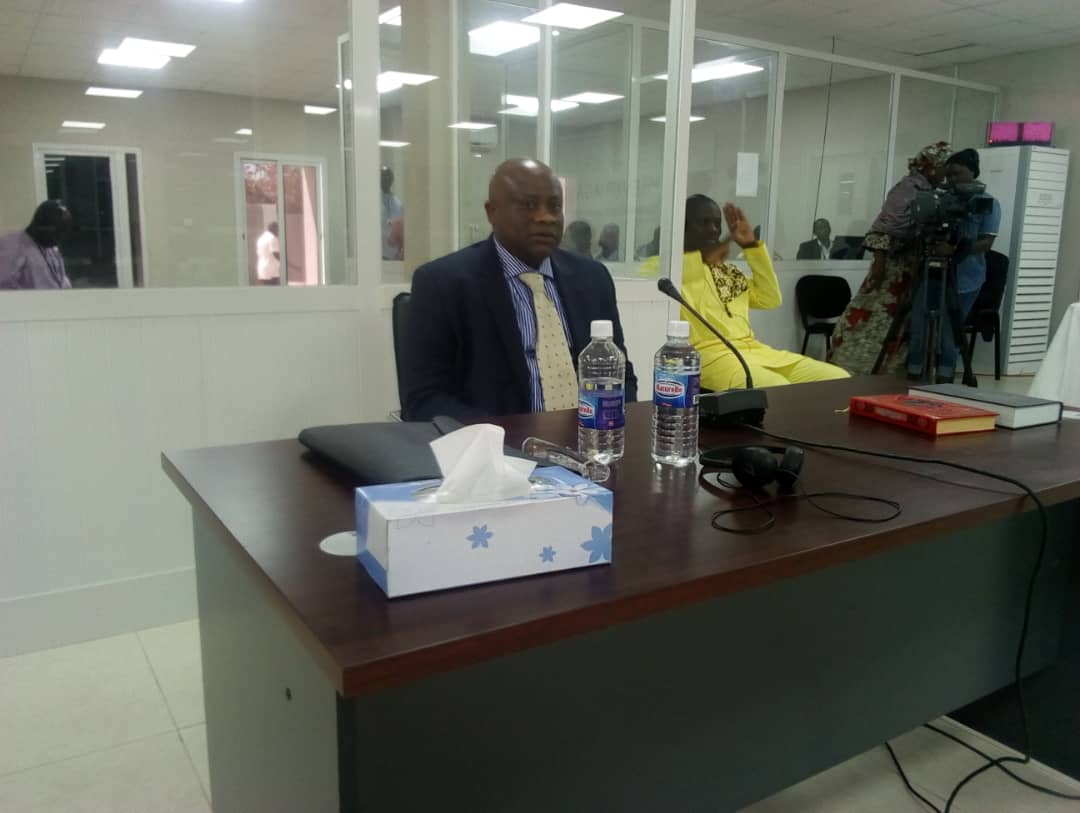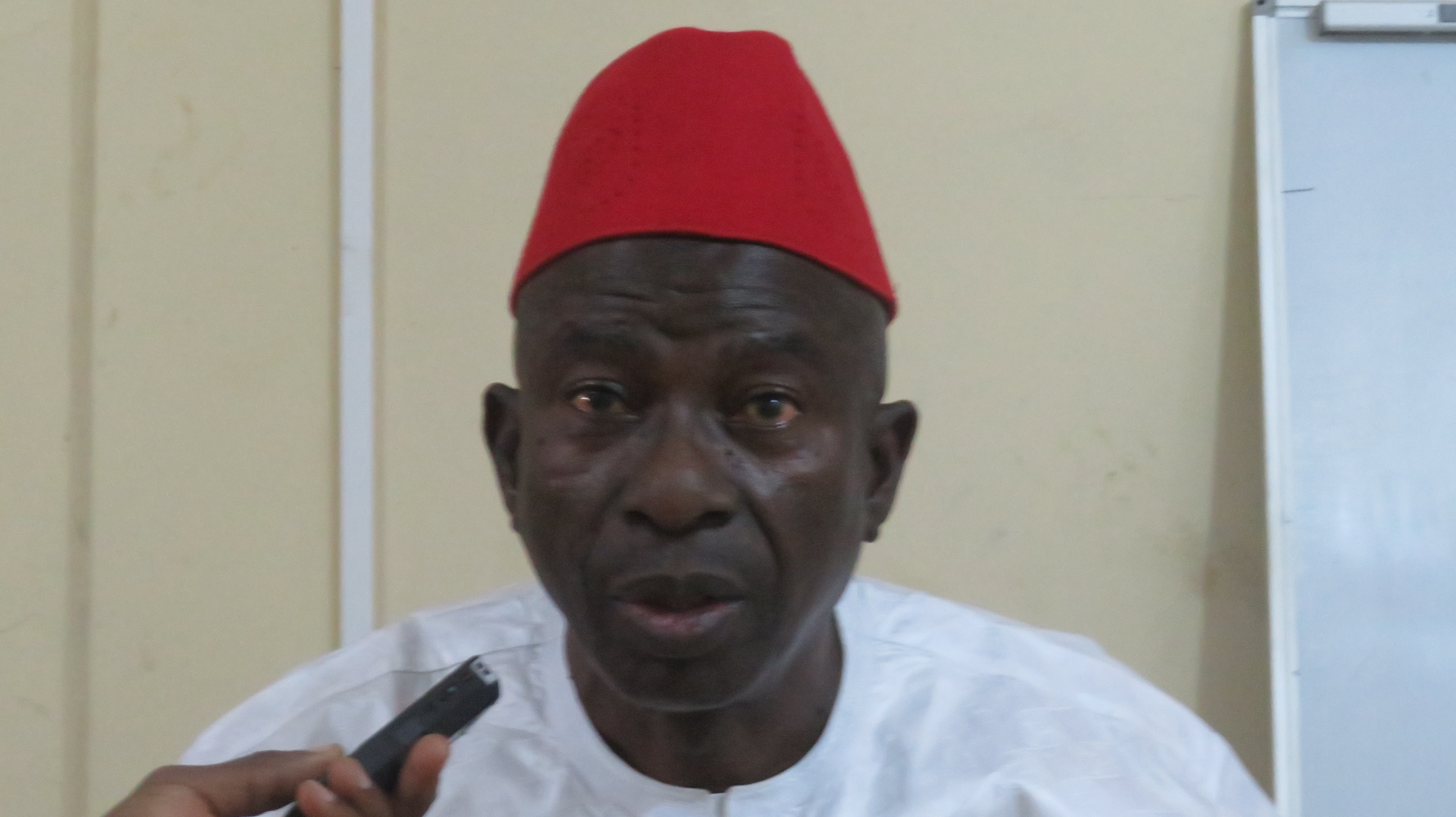By Adama Makasuba
West African Institute for Financial and Economic Management (WAIFEM) yesterday launched a Regional Training on Debt Sustainability Framework for low income countries.
The four day training is aimed to train participants on the key features of the Revised Framework and provide hands-on training in the use of the new LIC-DSF Template.
WAIFEM mandates to build sustainable capacity for Micro-economic, Debt and Financial Sector Management in the six countries and the empowerment to conduct Research and Consultancy services in the area of Micro-economic policy management and the countries participating include- The Gambia, Ghana, Nigeria, Liberia and Sierra Leone.
In his opening remarks, Dr Baba Y. Musa, the Director General of WAIFEM stated that: “In recent times, we have observed that in most countries of our region and the African continent as a whole, public debt levels have been rising in the absence of real growth and fiscal consolidation. Hence, there is indication that there is a risk of further increases in near future.”
He went on to say “To ensure that our programmes have a competitive edge we have to establish a collaborative technical partnership with recognized institutions involved in the area of capacity building for Economic and Financial Management’’. This includes; IMF, World Bank, African Development Bank, Bank of England, Commonwealth Secretariat, United Nations Institute for Training and Research (UNITAR), UNECA and WATO, he emphasized.
He also added that with the Synergy leveraged from these panthers, WAIFEM is now acknowledged as a Centre of Excellence in capacity building for Economic Management in Anglophone West Africa.
Dr Saikou Jabbi, the Senior Manager under the Governor of Central Bank of The Gambia said that some countries continued to face softening momentum and high uncertainty economic activities but in the face of that, the region continued to strengthen gradually.
He then stated that the composite real GDP growth of the ECOWAS community was projected at 3.1 percent in 2018 as compared to 2.3 percent in 2017, noting that performance was as a result of the interventions and investment in agriculture and construction as well as sustained performance in services sector in most economics.
“For us in The Gambia, we are glad to indicate that confidence has fully resumed in the economy following the sharp slowdown experienced in the year 2016 mainly due to the political impasse,” he pointed out.
He further added that: “Economic recovery is gaining attraction with real GDP growing at 5.4 percent in 2018, up from 3.5 percent in 2017, driven largely by services, tourism and trade, financial, international and insurance which expanded by 10 percent in 2018, couple with growth in transport, construction and telecommunication sectors”.
Subsequently, he said that the fiscal deficit narrowed to 3.9 percent of GDP in 2018 from 7.9 percent in 2017 and increased fiscal discipline and international community support.
Meanwhile, he revealed that the Debt-to-GDP ratio stood at 12 percent of GDP in 2017 and is now estimated at about 80 percent of the Revised GDP.
He also stated that inflation has decreased to an estimation of 6.2 percent in 2018 from 8 percent in 2017, while Gross International Reserves has increased to 4.6 percent from 3.1percent in 2017 and this was boosted by bank’s interventions in forex exchange market.
Moreover, Dr. Jabbi said all the low income countries face significant challenges in meeting their development objectives, adding that they include- financing of the infrastructure gap and high poverty levels as well as inequalities.




